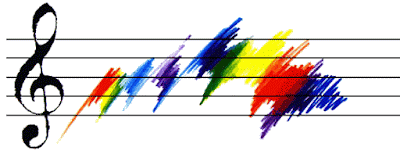Not So Sweet

Sweets are known to be one of the most indulgent flavors humans long for. We make sure to save room in our stomachs during a meal so we can treat ourselves with having our last bite of food being dessert. An important mantra my grandmother used to share is, “Eat dessert first, life is short,” suggesting that we deserve sweets before the nutrition of our actual meal. We call it one of our comfort food and it seems to cure any wrongdoing, like how ice cream and chocolate can fix emotional turmoil. We eat sweets when we’re feeling distraught, lost, and empty and use them to fill ourselves. Sugar can be known to heal burns on your tongue after taking a sip of a hot beverage. And we especially know that sugar can mask bitter, unpleasant tastes, and so we use it to help “the medicine go down.” By this logic, sugar is good for us as it can help us get physically and mentally better. We also use the word sweet to describe things that aren't food, like people and feelings. W





